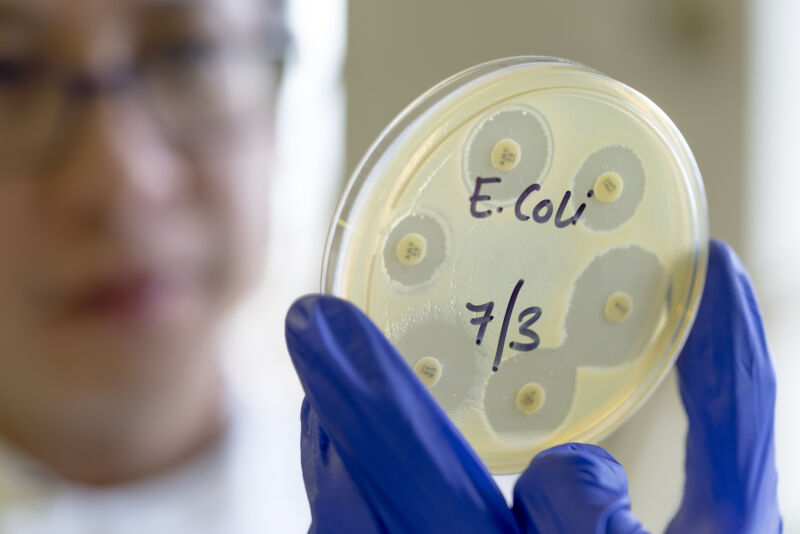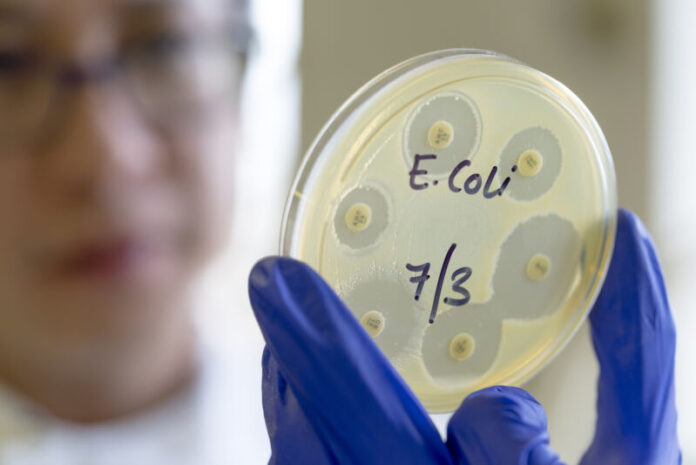
Enlarge (credit: Rodolfo Parulan Jr.)
Genetic mutations are essential for innovation and evolution, yet too many—or the wrong ones—can be fatal. So researchers at Cambridge established a synthetic “orthogonal” DNA replication system in E. coli that they can use as a risk-free way to generate and study such mutations. It is orthogonal because it is completely separate from the system that E. coli uses to copy its actual genome, which contains the genes E. coli needs to survive.
The genes in the orthogonal system are copied with an extraordinarily error-prone DNA replication enzyme, which spurs rapid evolution by generating many random mutations. This goes on while E. coli’s genes are replicated by its normal high-fidelity DNA copying enzyme. The two enzymes work alongside each other, each doing their own thing but not interfering with the other’s genes.
Engineering rapid mutation
Such a cool idea, right? The scientists stole it from nature. Yeast already has a system like this, with a set of genes copied by a dedicated enzyme that doesn’t replicate the rest of the genome. But E. coli is much easier to work with than yeast, and its population can double in 20 minutes, so you can get a lot of rounds of replication and evolution done fast.
Read 6 remaining paragraphs | Comments
Ars Technica - All contentContinue reading/original-link]




